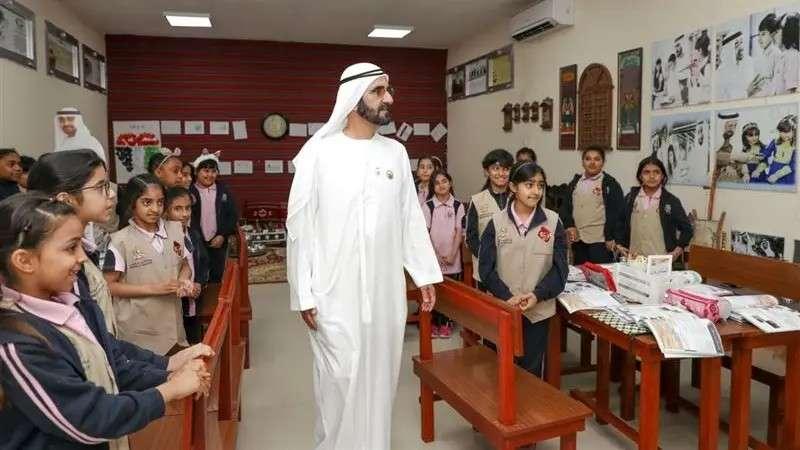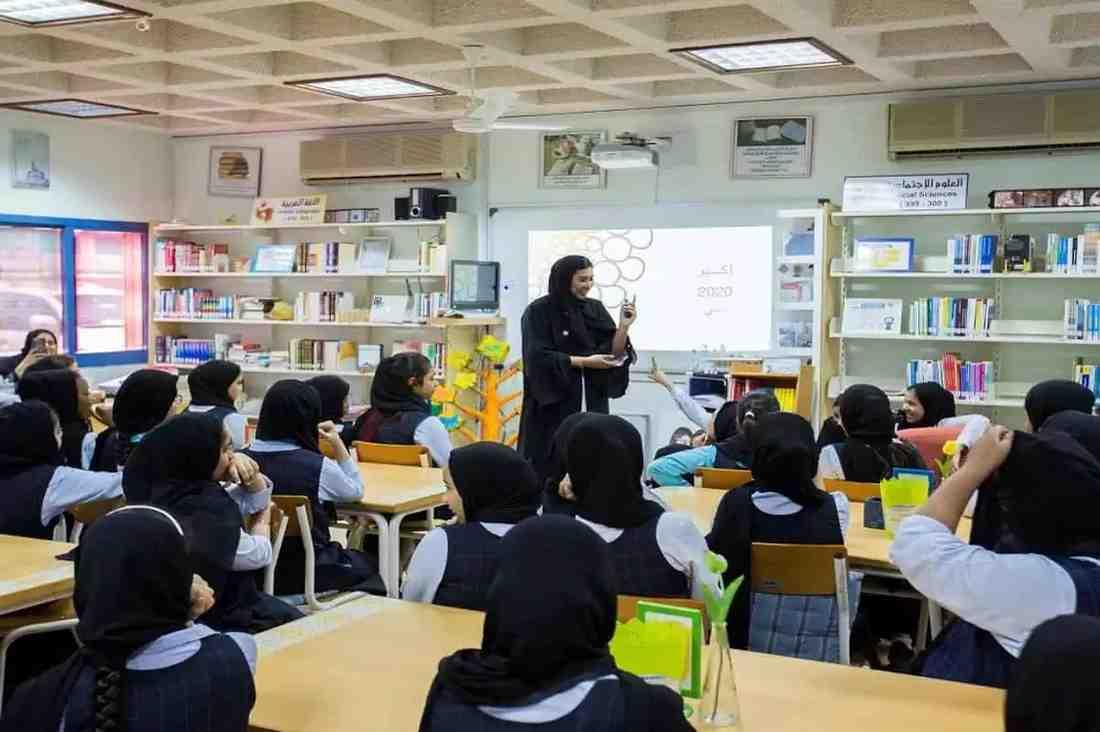Dubai's Education Revolution: New KHDA Strategy Aims to Slash School Fees and Boost Access
Dubai is embarking on a transformative journey to reshape its educational landscape, directly tackling one of the biggest concerns for residents: the high cost of private schooling. In a landmark move, the Knowledge and Human Development Authority (KHDA), the city's education regulator, has unveiled a comprehensive new strategy designed to incentivize the creation of lower-cost private schools. This initiative marks a significant policy shift aimed at making quality education more accessible and affordable for the thousands of families calling Dubai home.
The Core of the Initiative: Incentivizing Affordable Quality
At the heart of the KHDA's plan is a concerted effort to attract socially-conscious investors to the education sector. The strategy moves beyond mere rhetoric by offering tangible financial incentives to those who commit to building an affordable schooling model from the ground up. These incentives are projected to include:
- Reduced land lease rates from government-associated entities.
- Discounted infrastructure costs.
- Direct operational support.
In return for these benefits, investors must guarantee that their schools deliver high-quality education while maintaining tuition fees at a more manageable level for middle-income families. This approach strategically targets the root causes of high fees—such as real estate, construction, and operational overhead—rather than imposing rigid fee caps that could stifle growth or quality.
Addressing a Critical Need for Families
The urgency of this initiative was underscored by KHDA Director General Aisha Abdulla Miran during a recent leadership forum. She shared a powerful anecdote about a foreign parent who spent nearly AED 1 million on their children's education throughout their schooling years, illustrating that the financial burden is a pressing issue even for relatively well-off households.
For many families, the reality is even more stark. A single-income mother interviewed about the plan emphasized how school fees consume a disproportionate share of the family budget, leaving little room for other essentials or savings. The promise of a quality education at a lower cost is not just a convenience; it's a potential lifeline that could make Dubai a more sustainable long-term home for a broader segment of its expatriate and local population.
The Dubai Education Strategy 2033 (E33) in Action
This affordability drive is a key pillar of the broader Dubai Education Strategy 2033 (E33), an ambitious roadmap to elevate the emirate into one of the world's top-tier education hubs. A central component of this vision is the planned launch of up to 60 new affordable schools by 2033. This expansion is projected to create an estimated 120,000 new student seats, dramatically increasing capacity and providing parents with more choices that align with their financial realities.
Balancing Affordability with Educational Excellence
While the announcement has been widely welcomed, experts and parents alike caution that successful implementation will require vigilant oversight. The primary concern is maintaining the high academic standards Dubai is known for. A British expatriate parent expressed optimism, noting that Dubai has successful non-profit models to learn from, but also stressed that quality cannot be compromised.
Parents' willingness to switch schools is often contingent on their confidence in the new institution's quality. Many have stated that while they desire lower fees, they would be hesitant to move their children from a trusted, high-performing school to a cheaper alternative with an unproven track record. This highlights the critical challenge for the KHDA and investors: to build schools that are both affordable and excellent, with strong teacher recruitment, modern facilities, and a robust curriculum.
Also Read: Doers Summit 2025 Dubai: Connecting Global Startups, Investors in the Heart of Innovation
A Timely Intervention in a Booming Market
This strategic shift is particularly timely. Dubai's private school market is booming, serving hundreds of thousands of students across a diverse range of curricula, including British, American, IB, and Indian. However, with premium institutions charging over AED 100,000 annually for high school, an "affordability gap" has become a significant pain point. As the city's population continues to grow, ensuring that its education ecosystem can cater to a wide socioeconomic spectrum is essential for its continued prosperity and attractiveness.
In summary, Dubai is taking decisive, concrete action to redefine its educational offering. By leveraging incentives to reduce the core cost drivers for schools, the emirate is laying the groundwork for a more inclusive and sustainable future. The success of this visionary initiative will be measured by its ability to strike the perfect balance: delivering world-class education at a price that doesn't break the bank.




